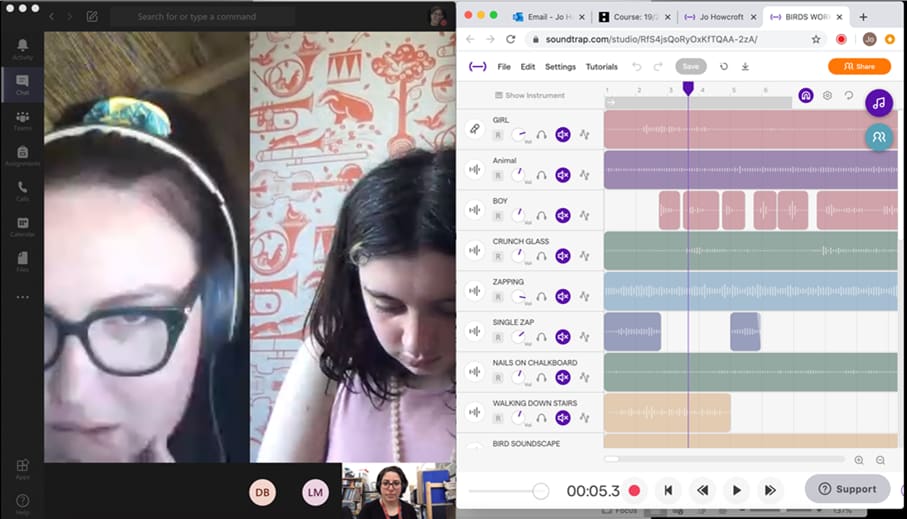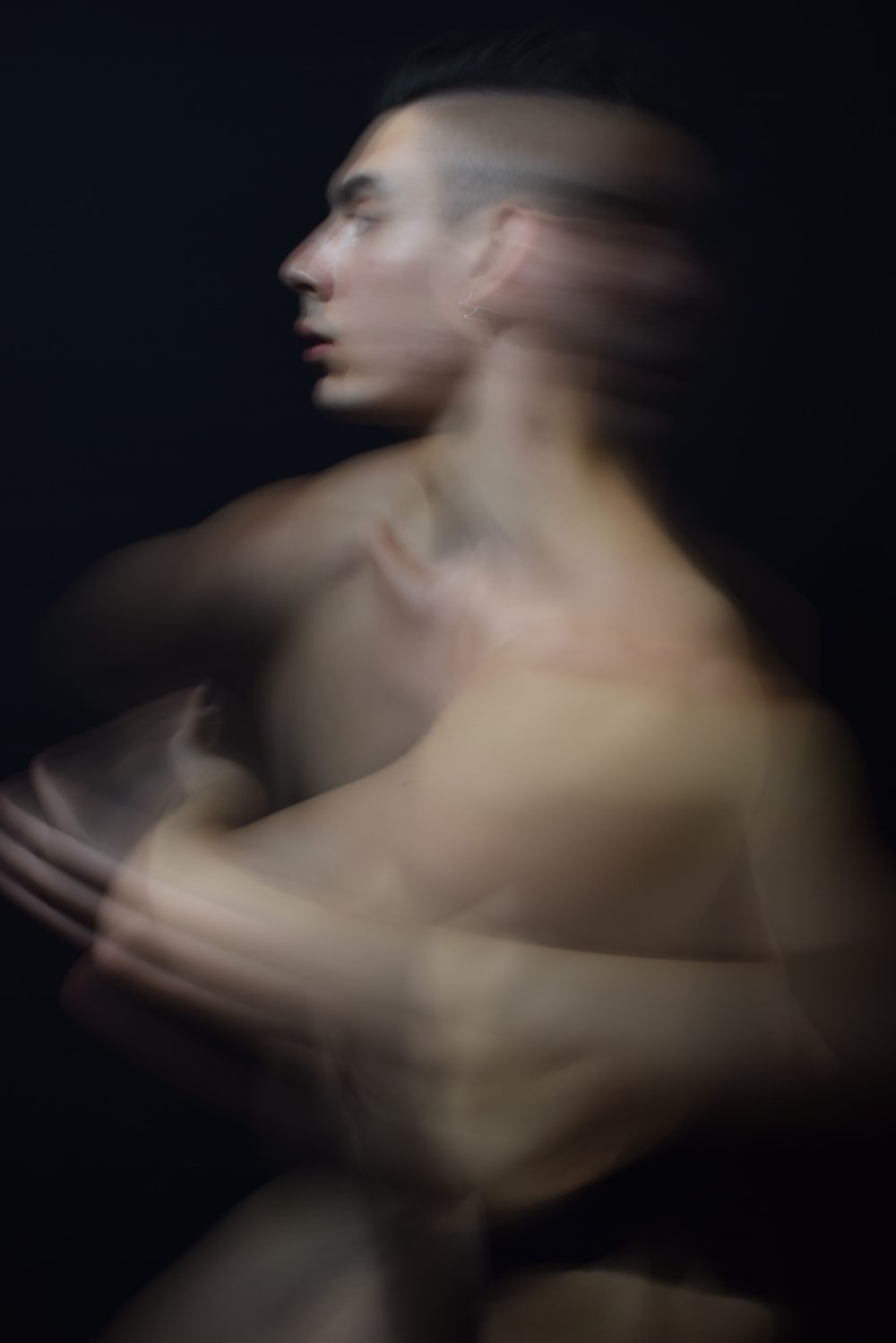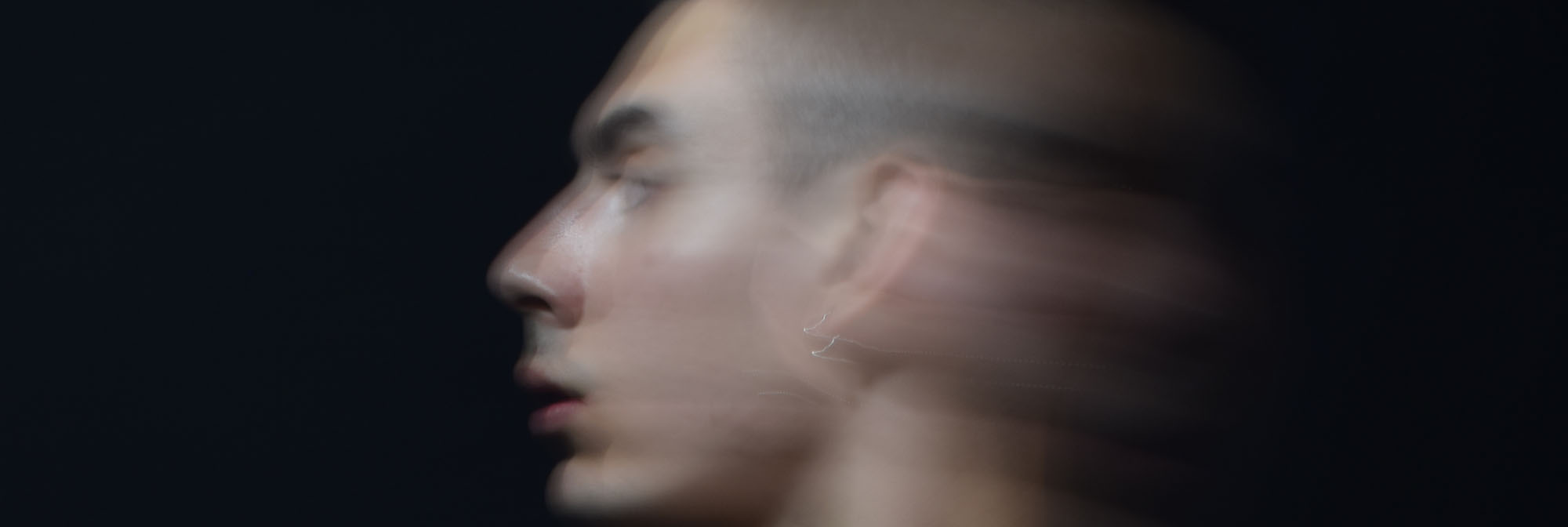Since the outbreak of the Coronavirus, like many others, Wimbledon’s students have been faced with the sudden challenge of adapting to life during lockdown while completing their summer term from home. BA Contemporary Theatre and Performance students were part of a Wimbledon College of Arts two-day Radio Play Festival which took place on 12 June. For this, first year students Jodie Armstrong, Caleb Dundee and Carmen Rivas Perez worked with other group members on the course, to create and perform Forgetting How to Fly, an original radio play script inspired by the French film La Jetée.
We spoke to them about the play, what they were creating and how they were staying motivated working from home during this time - while developing their skills and creative practice in the midst of the pandemic. We also caught up with Lead Specialist Technician, Jo Howcroft, to talk about how she has been supporting students virtually throughout this term.

, Wimbledon College of Arts, UAL
Can you tell us about the current project you’re working on?
Jodie Armstrong: Our class assignment was to work on a radio play production as part of Unit 4: Representing the Real. This was a collaborative group project, so I’ve been working with other group members. We’re creating a sci-fi radio play inspired by LaJetée, called Forgetting How to Fly - which involves writing, sound, tech and image work. The original film is about a man who travels back in time in order to save the human race.
How is the project developing your creative and critical practice?
Caleb: It’s really developing my writing process as well as learning how to work as part of a production team.
Carmen: I’m personally part of writing the actual script and it has definitely challengedme to think in different ways through brainstorming as a group or doing individual research. Through this, my process as a writer and artist is really progressing as I am pushing myself out of my comfort zone.
Jodie: Creatively I think we’re being pushed by having to reinterpret text, as we’re having to think in a way that’s challenging yet exciting. Having a restriction is often seen as a negative for creatives, but we’ve been working towards flipping that on its head, making it a positive and a fun experience. We’ve also had to be critical with each other’s ideas for the overall piece which has taught me how to work in a team production.

, Wimbledon College of Arts, UAL
Jo Howcroft, as Lead Specialist Technician, (L&T) Production, how have you been involved in this project?
I’ve been working with the sound design group on the Forgetting How to Fly performance piece.
We are working collaboratively on Microsoft Teams and Soundtrap (an online browser based sound editor), with members of the group in South Africa, Finland, Lithuania, and the UK. I have supported by guiding them on best practice and showing ways they can experiment with technology to edit work.
Although the students are extremely comfortable with technology and are fast learners (largely through experimentation/play) I help the students with technology, and how they can use what they have to hand to record with.
My background is in theatre sound, so through teaching and questioning, I am able to guide the students to making decisions around voices, making and collating sound effects, ambient soundscapes, and how all the sounds are balanced in the overall piece using digital technology.
I also teach the students about the physics of sound to increase their overall understanding. I meet with the students once or twice a week, as a group or individually to listen to their work-in-progress, and provide guidance with next steps to move the piece towards a finished stage.
Caleb, Jodie, Carmen – Could you tell us how technicians supported you throughout the development process while working from home?
Caleb : Technicians were a great help in regards to navigating Soundtrap, creating good quality audio and organising the radio station itself. This help has been greatly appreciated especially considering we haven’t had the same facilities from home compared to what we’d have access to in Wimbledon.
Jodie: The technicians have been a huge help during this unit by helping us to understand all the new technology that we have had to learn in order to make something during this hard and difficult time. This has helped me greatly as I’ve tried to learn new things like Soundtrap, Photoshop and Lightroom which I wouldn't be able to understand completely without their help. They have also been there to help push us to carry on and to keep making, even when we struggled to stay motivated.

, Wimbledon College of Arts, UAL
What adjustments have you had to put in place to best adapt to the new change of environment?
Caleb: The biggest adjustment I’ve made due to the new environment is having to organise meetings at a time that works for everyone, considering not everyone is in the same country.
Carmen: I’ve adjusted by using more of my free time to draw inspiration from things like films and books and social media.
What have you found are the benefits of working from home?
Carmen: The benefits of working from home are that I can work at the hours that are best for me, this means that whenever I think of an idea, no matter what time it is, I can edit my piece straight away.
Jodie: The struggles of being able to put together my images and material the way I originally wanted has lead me to go down a completely different path of ideas, which has helped me to develop new skills like photography and Photoshop and I’ve found a new passion for this!

, Wimbledon College of Arts, UAL
What tips and advice would you give to other students finding it hard to create from home?
Jodie: The best advice I can give students working at home right now is to not be too hard on yourself! We are all creative people and we use things we see every single day to inspire ourselves with our work and it’s completely okay to be struggling and not have as much of a creative flow with your work.
Carmen: You just need to give yourself time and make sure you are looking after yourself too! Take regular breaks and speak to your peers about your work and even random things because having the time away from your physical work will help you and your mind set when you go back to it! And remember your idea and materials are amazing and you will be able to make something amazing, just keep going!
Caleb: Try and surround yourself with creativity and keep in touch with friends whether that’s through working with them or just catching up with them for a chat. Also, if you’re struggling to create then leave it and come back to it whenever your spark returns.
Forgetting How to Fly was broadcast live on 12 June. The playback recording is available to watch on the Wimbledon College of Arts Youtube Channel.
Find out more about studying BA Contemporary Theatre and Performance at Wimbledon College of Arts and read more about Course Leader Richard Allen.

